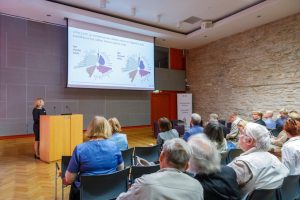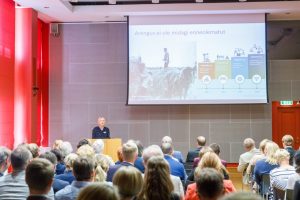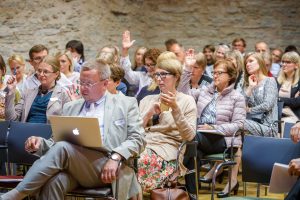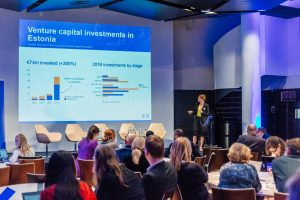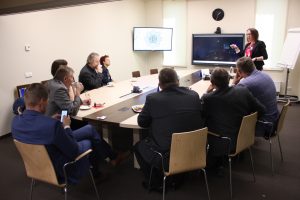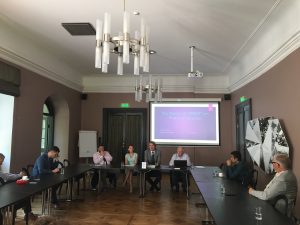The new study commissioned by the Foresight Centre shows that the Estonian businesses tailor their strategies mainly to the needs of the existing clients and not the expectations of the markets more broadly. At the same time, the development activities focus on improving the efficiency of the production, and not diversifying the portfolio of products and services. Investments into technology and research and development also remain in the background.
News
The study commissioned by the Foresight Centre shows that after the economic recession, the growth of production efficiency has slowed down in Estonia. It can be said that in comparison to the Nordic Countries, Estonia overinvests into equipment, and underinvests into human resources and research and development.
The study commissioned by the Foresight Centre shows that during the next couple of decades, the working age population will decrease, but as people are participating in the labour market more actively, the percentage of working people in comparison to that of dependants will remain the same or even grow.
Today, the Foresight Centre is holding the conference A Different Kind of Future in the Riigikogu Conference Hall, presenting studies conducted in the three fields of research of the Foresight Centre: productivity, (e-)governance, and labour market.
International mobility of labour is a growing trend in Estonia and in the world, therefore it is reasonable to treat short-term and long-term migration separately in immigration policy, the study on international mobility and labour commissioned by the Foresight Centre shows.
The current European debate on regulation of digital platforms focuses on American digital platforms such as Google, Amazon, Facebook and Apple. There are no significant European digital platform businesses which are systemically as important as US platforms. This has contributed to rhetoric on unfair practices, lack of accountability and empowerment of consumers. Debate has become more political as mainstream politicians such as French President Emmanuel Macron have discussed publicly the need to enhance fairness and to regulate platforms. The European Commission has proposed a new tax on revenues of large digital companies.
The seminar will explore whether the experiments around the world have resulted in an improved quality and the effectiveness of lawmaking or merely in a „democracy theatre”. We will discuss the role of technologies to foster collaboration between people and lawmakers. The ability of communities and institutions to work together enables solving problems more effectively and legitimately.
Brexit will cause damage to the financial services of both the United Kingdom and Europe, and the financial centres located outside Europe, like New York and Singapore, may benefit from it, was the main message of the seminar organised by the Foresight Centre, where the impacts of Brexit were discussed.
The studies presented at the Conference have been conducted in three fields of research of the Foresight Centre: productivity, (e-)governance, and labour market. The Conference will offer a first look into the results of the (e-)governance study.
The Foresight Centre conference on changes in the labour market conveyed the message that it is unnecessary to radically reform the labour market but crucial to keep the labour law and social protection updated.

 An independent think tank at the Riigikogu
An independent think tank at the Riigikogu 
